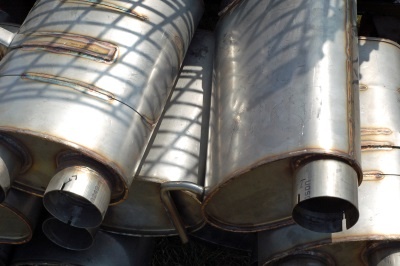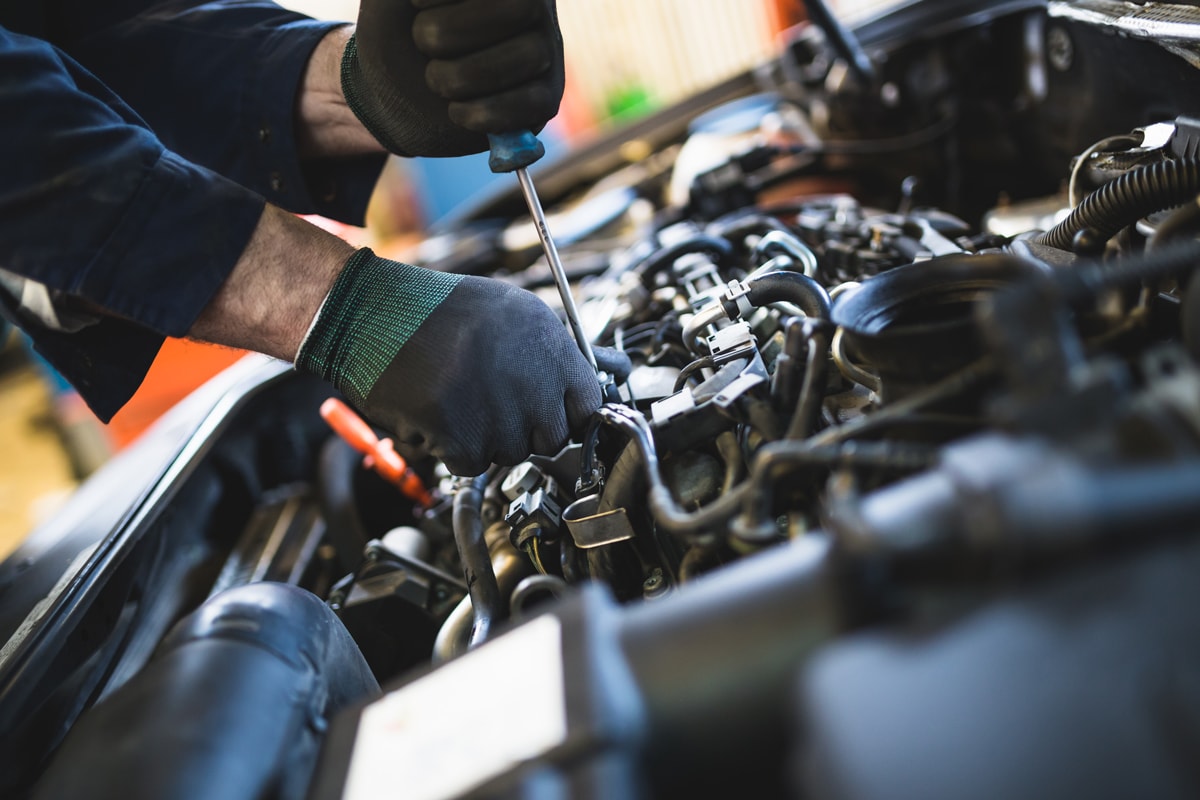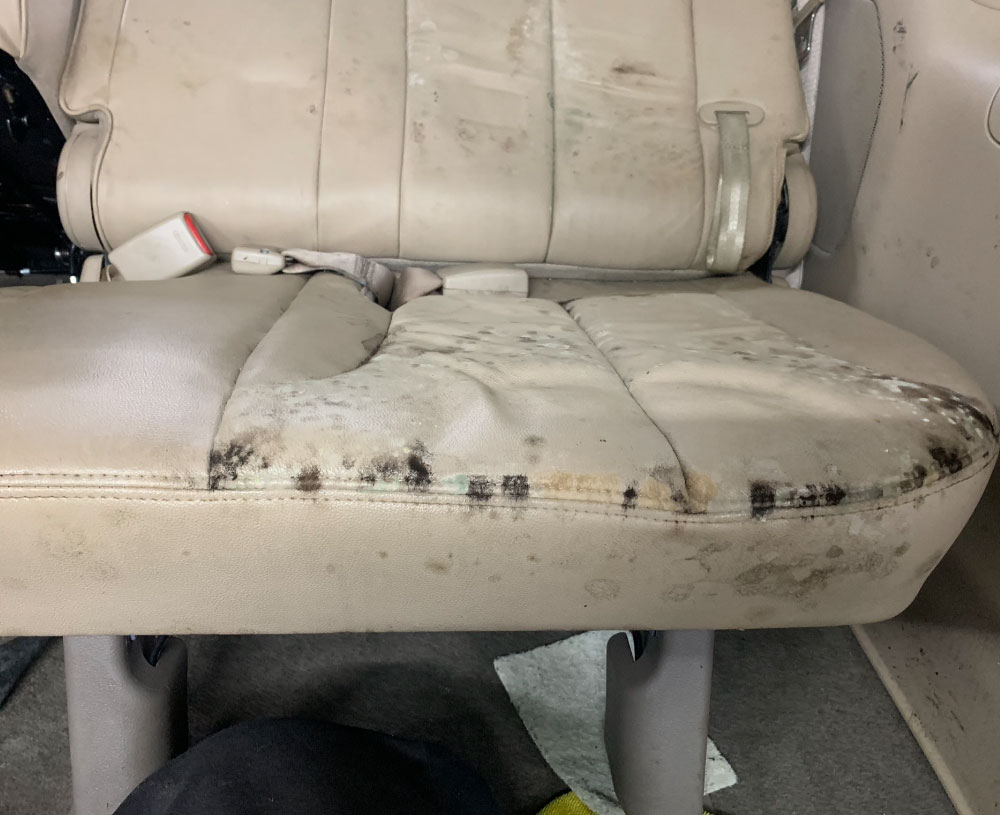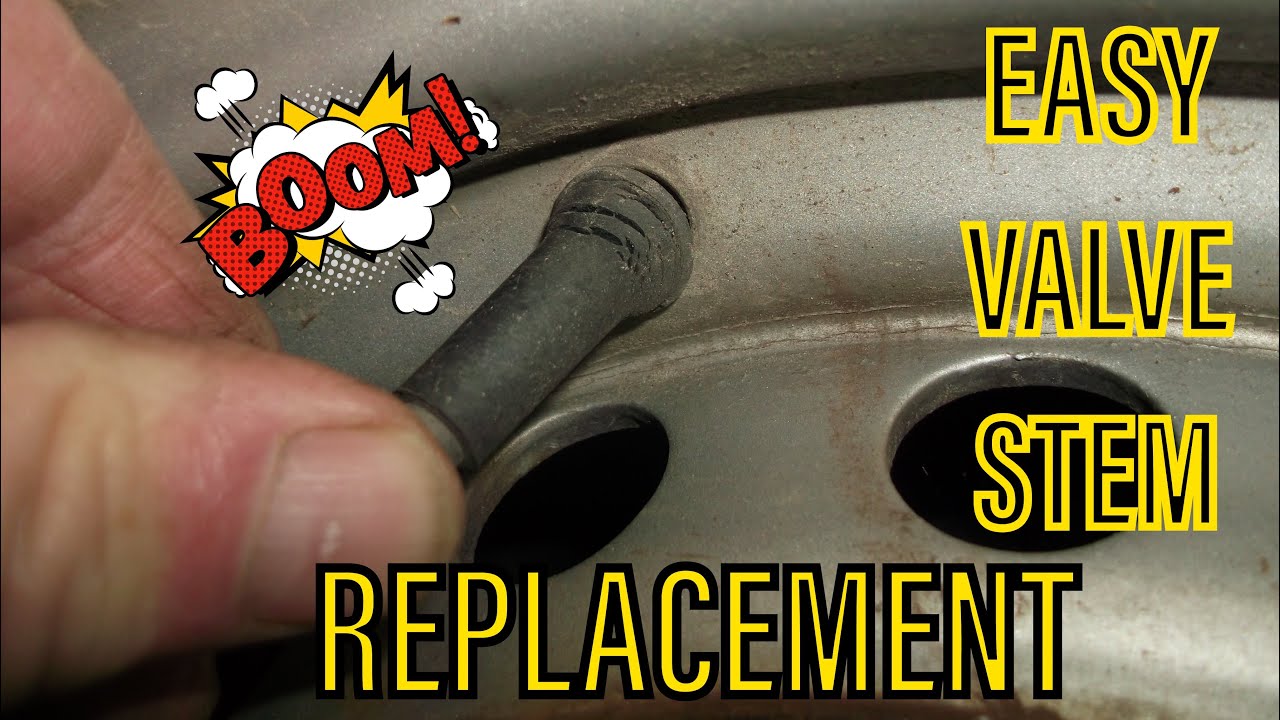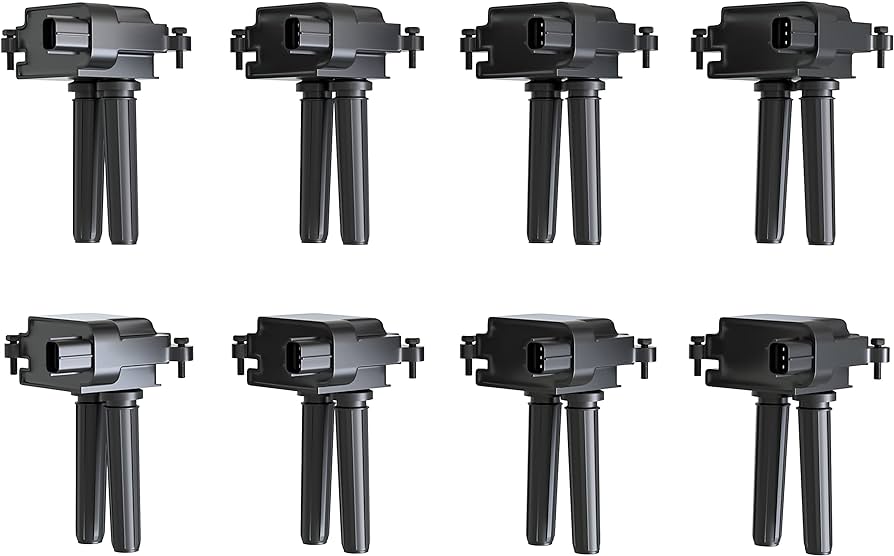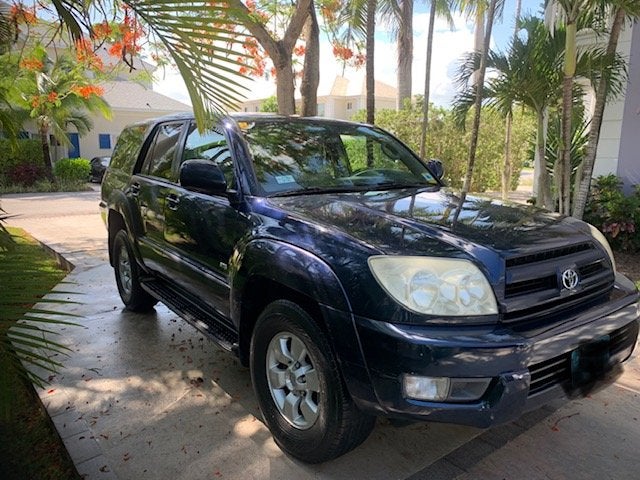Can a Bad Exhaust Cause Rough Idle
Yes, a bad exhaust can cause rough idle by disrupting engine backpressure and airflow. Engine performance and idle stability may suffer as a result.
A vehicle’s exhaust system is crucial for directing harmful gases away from the engine and maintaining proper engine function. When an exhaust system malfunctions, it can lead to a variety of issues, including a rough idle. A rough idle often suggests that the engine isn’t running smoothly, which can be due to an imbalanced air-fuel mix, misfires, or a drop in engine compression, all potentially linked to exhaust system problems.
Car owners might notice their vehicle shaking or the engine sputtering during idle when the exhaust system is compromised. Timely diagnosis and repair of exhaust issues are essential, not only to smooth out the idle but also to ensure optimal engine health and performance. Regular maintenance checks can often preempt these disruptions, keeping the vehicle running efficiently.
Symptoms Of A Bad Exhaust System
A properly functioning exhaust system is crucial for your vehicle’s performance. When it fails, it can lead to a series of problems, including a rough idle. In this section, we will delve into the symptoms that may indicate your exhaust system is not working as intended. Focusing on rough idle, the following sections will explain its characteristics and other common exhaust-related issues.
Rough Idle And Its Characteristics
Rough idle refers to an engine’s erratic behavior when it is running without the vehicle moving. It is often one of the first signs that something is amiss with your exhaust system or engine.
- Vibrations: You might feel your car shaking.
- Noisy Engine: A louder-than-normal engine can be a clue.
- Irregular RPM: Your tachometer may show jumps or drops in RPMs.
- Check Engine Light: This light may come on due to many issues, including exhaust.
Other Common Exhaust Issues
Besides rough idle, be alert to other signs that suggest exhaust problems:
| Issue | Details |
|---|---|
| Decreased Fuel Efficiency | You may notice your car uses more fuel than usual. |
| Unusual Smells | A bad smell might suggest a leak, which can be dangerous. |
| Odd Sounds | Hissing or popping noises are common when exhaust systems falter. |
| Performance Issues | Power loss or a slow engine response can result from exhaust troubles. |
Keeping these symptoms in mind, it is essential to address any exhaust system issues quickly to maintain your vehicle’s health and performance.
Credit: www.spyderchat.com
Link Between Exhaust Damage And Engine Performance
The link between exhaust damage and engine performance is undeniable. A healthy exhaust system plays a critical role in your vehicle’s overall efficiency and stability.
Impact Of Exhaust Leaks On Engine Function
Exhaust leaks can wreak havoc on engine performance. An intact exhaust system channels harmful gases away from the engine. It also maintains optimal backpressure for efficient operation. Leaks disrupt this balance, leading to rough idle, power loss, and increased emissions. Let’s explore how:
- Reduced backpressure: Leaks diminish exhaust system pressure, affecting engine timing and performance.
- Increased emissions: Dangerous gases may enter the cabin, posing a health risk to passengers.
- Engine wear: A compromised exhaust system can expedite engine component degradation.
- Fuel inefficiency: Leaks often lead to higher fuel consumption, hitting your wallet hard.
Role Of The Oxygen Sensor In Idle Quality
The oxygen sensor is a key player in maintaining smooth engine idle. It measures the oxygen level in exhaust gases. This information helps the engine computer adjust the air-fuel mixture for optimal performance.
| Function | Impact on Idle Quality |
|---|---|
| Accurate Readings | Ensures stable engine idle and efficient fuel usage. |
| Faulty Sensor | Leads to erratic idle, stalling, and potential engine damage. |
A damaged oxygen sensor misleads the engine control unit, causing rough idle. It can also trigger a check engine light. Regular inspections ensure it functions as intended.
Diagnosing Rough Idle Caused By Exhaust Problems
Is your car not running smoothly at idle? It might be your exhaust system. A bad exhaust can affect engine performance. This can cause a rough idle. Read on to find how to pinpoint the trouble.
Visual Inspection Of The Exhaust Components
Start with the basic step: checking the exhaust parts visually. Look for rust or holes. These could cause leaks. Seeing black soot? That’s a sign of trouble. Look at the gaskets. They should be intact. Broken gaskets mean leaks. Make sure mounting points are secure. Loose parts can also disrupt the exhaust flow.
Listening For Unusual Noises
Turn the engine on. Keep your ears open. Hissing sounds mean air escapes. It’s not good. Rattling suggests loose components. These sounds often point to exhaust issues. If the exhaust leaks, the engine struggles. It runs rough at idle. Pay attention. Even small changes in sound can tell you a lot.

Credit: www.amazon.com
Mechanics Behind The Exhaust-induced Idle Troubles
Understanding mechanics behind exhaust-induced idle troubles is key. The exhaust system plays a crucial role in cars.
The Effect Of Backpressure On Engine Operation
Your car’s engine and exhaust system need to work together perfectly. Backpressure affects how the engine breathes.
- Right amount of backpressure helps engines run smoothly.
- Too much backpressure can choke the engine.
- It leads to inefficient combustion and rough idle.
How Exhaust Malfunctions Affect Air-fuel Mixture
A healthy exhaust system lets the engine maintain the correct air-fuel mix.
- A damaged exhaust disrupts this balance.
- This imbalance can cause the engine to idle roughly.
- Signs include stalling, poor acceleration, and higher emissions.
Solutions And Preventative Measures
A bad exhaust can lead to a rough idle, affecting your vehicle’s performance. Seeking timely solutions is essential. Regular maintenance acts as a preventative shield. This section explores effective ways to tackle and prevent these issues.
Repairing Or Replacing Faulty Exhaust Parts
Attend to exhaust problems at once. A choked or damaged exhaust system disrupts engine idling. Check the exhaust manifold, catalytic converter, and pipes. Look for signs of damage or leaks. A professional mechanic or exhaust specialist will assess the condition. They might suggest repairs or replacements. A high-quality replacement part restores engine rhythm and smooth idling. Always opt for parts that match your vehicle’s specifications. Strong connections and precise fittings ensure an optimal exhaust system.
Regular Maintenance To Avoid Idle And Exhaust Issues
Prevent rough idle with regular maintenance. Keep a schedule for vehicle service. It includes oil changes, air filter replacements, and spark plug checks. Keep the fuel system clean. Add a fuel injector cleaner to your servicing regime. Inspect the exhaust system for rust or damage regularly. Tighten loose mounts and supports. Detecting minor problems early saves time and money. A smooth-running engine and a proper exhaust system extend your vehicle’s life.
Frequently Asked Questions Of Can A Bad Exhaust Cause Rough Idle
Can A Bad Exhaust Affect Engine Idling?
Yes, a faulty exhaust system can cause rough idling. Obstructed exhaust flow can lead to improper engine pressure and reduced performance, manifesting as a rough, uneven idle.
What Signs Indicate A Bad Exhaust?
Signs of a bad exhaust include loud noises, decreased fuel efficiency, a vibrating gas pedal, and an unpleasant odor. If the exhaust is compromised, these symptoms might appear.
How Does Exhaust Cause Rough Idle?
A bad exhaust can cause rough idle by disrupting the engine’s airflow. This imbalance can lead to irregular combustion, which makes the engine idle roughly.
Can Exhaust Problems Trigger A Check Engine Light?
Yes, exhaust issues can trigger the check engine light. This is often due to the oxygen sensors detecting an imbalance in the exhaust gases, signaling potential exhaust or emission problems.
Conclusion
A faulty exhaust system can indeed trigger rough idling. It disrupts the engine’s balance and efficiency. By addressing exhaust issues, you maintain engine health and ensure smoother performance. Never ignore these warning signs; seek immediate professional assessment for any exhaust-related irregularities.
Remember, timely intervention can save both money and stress down the road.

